THE LEAST OF THESE
IN LEBANON
This is a continuation of the last blog, which is below. I plan to publish the next segment in two days, and the last segment two days after that. Hope you enjoy it.
We go into a little restaurant and wait for our first meeting with the Hajj. I feel a little apprehensive. I remind myself not to touch any men here. I am not to offer my hand first, as we do in the States, but to touch my chest with a little bow, unless a man offers his hand. The men respond to my salutation by touching their chests; the older men sometimes also touch their foreheads.
As we wait to meet Hajj, our guide begins to tell us about Hajj’s ordeals in prison. “He was tortured and now is bitter.” I am cringing, not wanting to hear the painful details, but Hajj enters and the subject is not mentioned again, which is a relief to me.
When he arrives, I see the Hajj is a slim middle-aged man, with a short, neat beard beginning to show a little gray. He greets everyone with courtesy but seems reserved, maybe a little uncomfortable. Even so, the Hajj inaugurates a level of hospitality which we experience throughout our visit to Lebanon. These villagers, no matter how poor, want to offer you SOMETHING – candy, tea, coffee – during your visit.
The coffee, presented hot in small glasses or cups, smells wonderful. Sugar is offered, but I learn to drink it unsweetened, although it tastes a little bitter. The hot tea, however, also served in tiny glasses, is deliciously sweet.
When we entered this area, I was surprised to see the yellow Hezbollah flags flying and a welcome sign proclaiming the area was liberated by Hezbollah. The Hajj, it seems, is the Hezbollah leader in the area. I sit in my chair, watching this soft-spoken, mild-mannered man talk to our guide. We, American Christians, are to work alongside Lebanese Hezbollah members. My world shifts and I feel like Alice in Wonderland.
Our guide tells us that Hajj is buying our lunch today and on the last day of our work. “Hajj wants to buy lunch for you every day, but I say no, it is too much.”
He continues to translate for Hajj, “He says he is embarrassed that he cannot invite you to his house today for a meal, but his wife is out of town and there is no woman to cook. He would like you to have a proper meal here today, not just sandwiches.”
As our guide talks, one of the Hajj’s men comes into the restaurant and hands Hajj several packs of cigarettes in different brands – American brands. I watch curiously as Hajj carefully opens a couple of the packs and taps the packs on his hand. I remember the gesture from my childhood, the art of presenting cigarettes to guests. I have not seen that in years. Hajj puts the cigarette packs, with the cigarettes now artfully protruding, onto the table along with lighters and ash trays. This is yet another symbol of the hospitality the Lebanese offer to their guests.
The next morning, we park in the square in front of a mosque, one of few buildings in this village that seem undamaged. I inspect the houses around me. Some are just piles of rubble, concrete chunks with steel rebar sticking out. Other buildings have a wall missing. Most of the walls are pocked with large bullet holes and many sustained holes the size of small cars.
Subscribe to:
Post Comments (Atom)










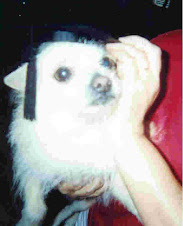

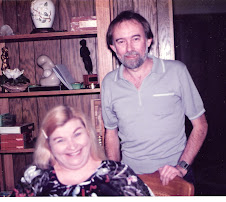
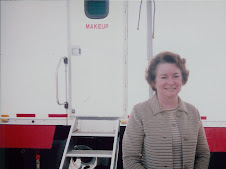

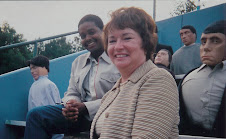






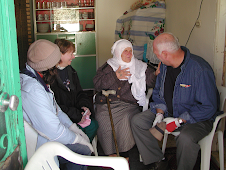
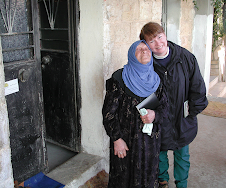


No comments:
Post a Comment